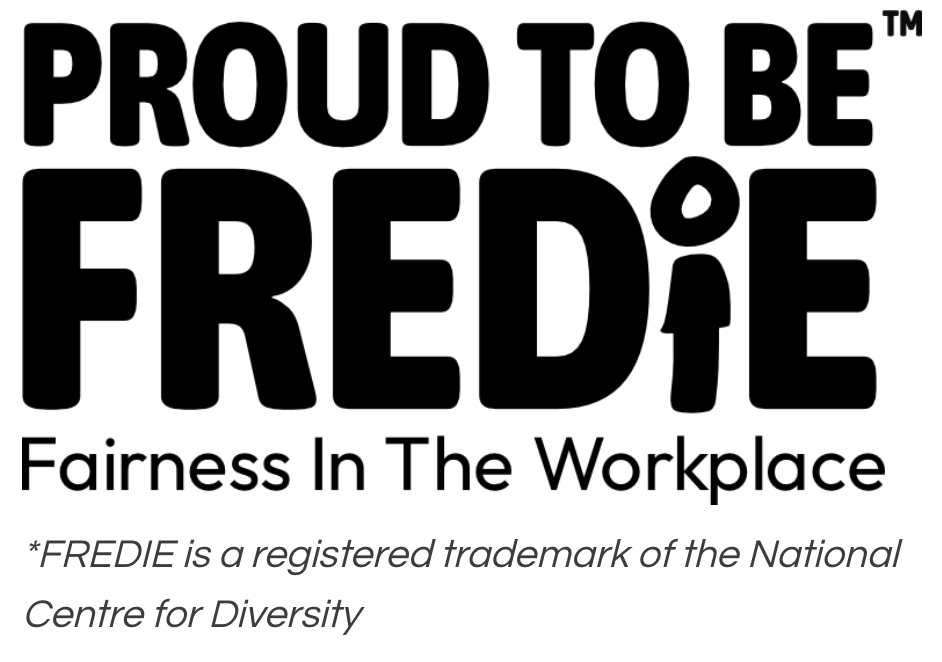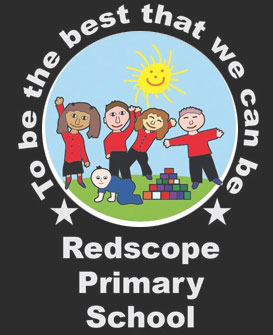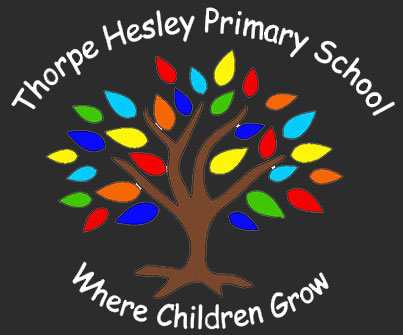Here at Wingfield Academy we are wholeheartedly committed, through our ‘Location Vocation’ careers programme of activities delivered to Year 7 to 11, to prepare all our learners to make informed decisions about their future/next steps ensuring they maximise their potential and successfully transition into higher education or an aspirational alternative.
‘Location Vocation’ Vision
We are committed to implementing a programme that will:
- Empower learners to make informed, realistic decisions at key transition points in learning and work E.g. at 14, supporting learners’ qualification and subject choices based on their likes, strengths and assessment methods.
- Inspire and motivate learners to fulfil their potential. Explore different careers to raise learners’ aspirations, broaden their horizons and accumulate cultural capital, the knowledge, behaviours, and skills that a learner can draw upon to be successful in society, their career and the world of work.
- Enrich learners’ experience by providing multiple opportunities to learn from employers about work, employment and the skills that are valued in workplaces.
- Enable access to up-to-date Labour Market information (LMI) to ensure learners are aware of growth sectors which are currently working at or above average productivity and those who have a gap in worker numbers where opportunities are readily available in order to support social mobility.
- Overcome stereotypes to help learners explore all career opportunities available to them. Develop learners personal financial capability.
- Provide learners with high quality independent and impartial careers advice and guidance which is in their best interests
Quick Links
Student Stream
UK University Search are proud to announce the launch of our new website www.studentstream.co.uk. The website brings together a wealth of video resources by us and universities across the UK in one place.
National Careers
www.nationalcareersservice.direct.gov.uk website offering all types of careers related information including local labour market information, CV writing, skills and qualifications required for all types of careers.
icould
https://icould.com offering careers videos and job information.
National Apprenticeship Services
https://www.gov.uk/topic/further-education-skills/apprenticeships National Apprenticeship Service.
Employers
Careerometer – Labour Market Information
Gatsby Benchmarks
Statutory requirements and expectations
Our ‘Location Vocation’ careers programme has been developed to meet the requirements of the Department for Education’s statutory guidance 2018 and in accordance with the eight Gatsby benchmarks:
The Benchmarks
Benchmark 1 – A stable careers programme
Every school and college should have an embedded programme of career education and guidance that is known and understood by students, parents, teachers, governors and employers.
Every school should have a stable, structured careers programme that has the explicit backing of the senior management team, and has an identified and appropriately trained person responsible for it.The careers programme should be published on the school’s website in a way that enables students, parents, teachers and employers to access and understand it. The programme should be regularly evaluated with feedback from students, parents, teachers and employers as part of the evaluation process.
Benchmark 2 – Learning from career and labour market information
Every student, and their parents, should have access to good quality information about future study options and labour market opportunities. They will need the support of an informed adviser to make best use of available information.
By the age of 14, all students should have accessed and used information about career paths and the labour market to inform their own decisions on study options.Parents should be encouraged to access and use information about labour markets and future study options to support their children.
Benchmark 3 – Addressing the needs of each student
Advice and support should be tailored to the needs of each student. Keeping good records of students and their destinations after school will help.
A school’s careers programme should actively seek to challenge stereotypical thinking and raise aspirations. Schools should keep systematic records of the individual advice given to each student and subsequent agreed decisions. All Students should have access to these records to support their careers development.
Schools should collect and maintain accurate data for each student on their education, training or employment destinations for at least three years after they leave school.
Benchmark 4 – Linking curriculum learning to careers
Careers and enterprise education should be part of and included in student’s standard lessons, linking curriculum to real- world career paths.
Science, technology, engineering and mathematics (STEM) subject teachers highlight the relevance of STEM subjects for a wide range of future career paths.
By the age of 14, every student has had the opportunity to learn how the different STEM subjects help people to gain entry to a wide range of careers.
All subject teachers emphasise the importance of succeeding in English and Maths.
Subject Based Career Advice
| Subject | Linked Careers | Work Skills |
| Art | Art Careers | Art Work Skills |
| Biology | Biology Careers | Biology Work Skills |
| Business Studies | Business Studies Careers | Business Studies Work Skills |
| Chemistry | Chemistry Careers | Chemistry Work Skills |
| Childcare | Childcare Careers | Childcare Work Skills |
| Computer Science | Computer Science Careers | Computer Science Work Skills |
| Dance | Dance Careers | Dance Work Skills |
| Design & Technology | Design & Technology Careers | Design & Technology Work Skills |
| Engineering | Engineering Careers | Engineering Work Skills |
| English | English Careers | English Work Skills |
| Food | Food Careers | Food Work Skills |
| Geography | Geography Careers | Geography Work Skills |
| Health and Social Care | Health and Social Care Careers | Health and Social Care Work Skills |
| History | History Careers | History Work Skills |
| Maths | Maths Careers | Maths Work Skills |
| MFL | MFL Careers | MFL Work Skills |
| Music | Music Careers | Music Work Skills |
| PE | PE Careers | PE Work Skills |
| Physics | Physics Careers | Physics Work Skills |
| RE | RE Careers | RE Work Skills |
Benchmark 5 – Encounters with employers and employees
All students should have encounters with employers and employees that result in a better understanding of the workplace and the potential career paths open to them.
Students should participate in at least one meaningful encounter with an employer every year from the age of 11. Work with your regional local enterprise advisor to make sure you are aligning to the strategic plan of the region. Current Position: 30th June 2020 Previous Position: 23rd January 2020
Our academy has met 100%, previously 100% of the 1 assessment area compared to 52% average nation.
Virtual Work Experiences
- Oil and Gas Industry
- Ecologist
- Civil Engineer
- Estates and Contracts Manager
- Acoustics Consultant
- Technical Manager & Design Coordinator
- Ground Worker / Machine Operative
- Arborist
- Architect (Partners)
- Design Assistant (Architects)
- Careers Adviser / Employment and Skills Manager
- Senior Communications Manager
- My Path- Job of the Week Careers in Education Videos
Benchmark 6 – Experiences of workplaces
It’s important for students to experience the workplace environment to understand the context in which they could one day be working.
By the age of 16, every student should have had at least one experience of a workplace, additional to any part-time jobs they may have.
By the age of 18, every student should have had one further such experience, additional to any part-time jobs they may have.
Benchmark 7 – Encounters with further and higher education
Careers provision should cover further and higher education as well as potential professions. Students should have encounters with these organisations whilst at school.
By the age of 16, every student should have had at least one experience of a workplace, additional to any part-time jobs they may have.
By the age of 18, every student should have had one further such experience, additional to any part-time jobs they may have.
Benchmark 8 – Personal guidance
Every student should have opportunities for guidance interviews with a career adviser, who could be internal or external, provided they are trained at an appropriate level.
Every student should have at least one guidance interview with a CEIAG adviser by the age of 16, and the opportunity for a further interview by the age of 18.



















